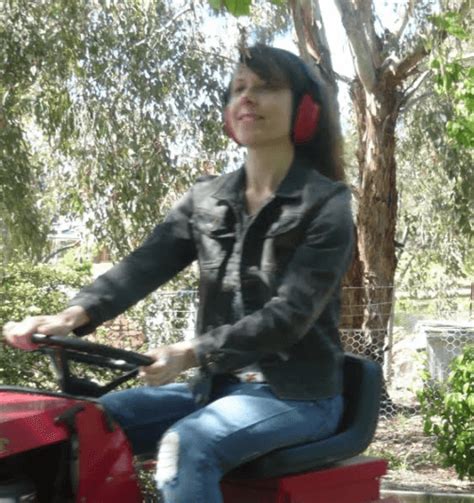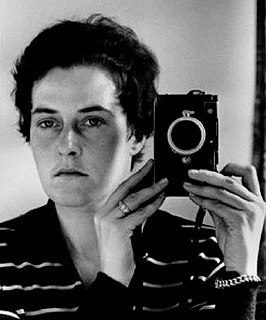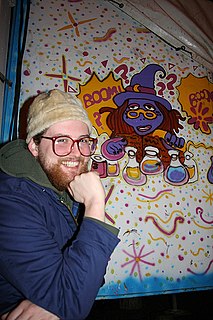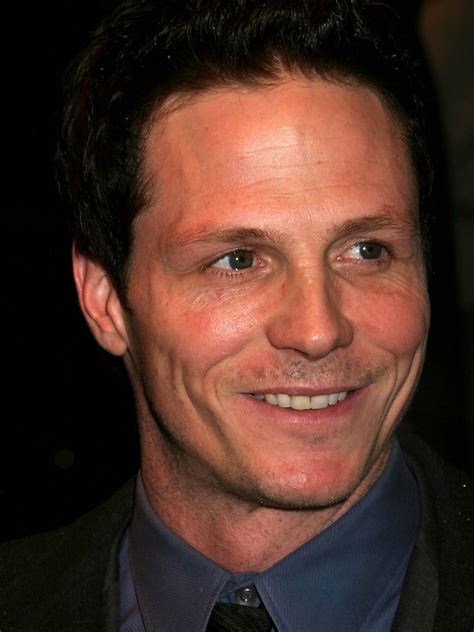A Quote by K. J. Bishop
You're doing it again. Using reason to argue faith. Can't be done. Like playing croquet with a crochet hook. Sounds something like the right tool for the job, but isn't.
Related Quotes
If you're living a yielded life, and if you have the preaching and teaching gift, and you're yielding that to God on a continual basis, that's one of the signs that you're in the right place doing the right thing for the right reasons. If you're doing something in the kingdom, and you rarely feel that, that's a red flag. Something needs to be looked at. Are you using the right gift? Are you using it in the right way? For the right reasons? At the right time? In the right context? If I didn't feel it consistently, that would be quite troubling to me.
I think a lot of electronic musicians are drawn to starting with texture because the whole reason we're working with electronics is to try to create new sounds or sounds that cannot be created acoustically. When you're doing that, it's nice to be able to just create a different palette for every single song. I feel like a lot of electronic music sounds like...Each album sounds like a compilation more than it does a band.
I think it's important to reason from first principles rather than by analogy. The normal way we conduct our lives is we reason by analogy. [With analogy] we are doing this because it's like something else that was done, or it is like what other people are doing. [With first principles] you boil things down to the most fundamental truths…and then reason up from there.
I like that cartoons are now not only animated drawings, they are a way of doing something: 'That song sounds very cartoony', or 'He has a cartoon face'. Like the word 'poetic', which usually means something different than a poem. But most of all cartoons are comforting, that's the real reason I need them.
I don't get particularly precious about things like this, though. Like the record company said, "We need a radio edit that delivers the hook" - I don't even know what they consider the hook in that song ["Oh No"] - "that delivers the hook sooner." So I'm like, "Okay. I see that." And they were all walking on eggshells, like is this going to be sacrilegious to me or something, to mess with this art I've created? And I'm like, "Great. I get to tinker with it, I get to mess with my song some more."
It's far easier to write why something is terrible than why it's good. If you're reviewing a film and you decide "This is a movie I don't like," basically you can take every element of the film and find the obvious flaw, or argue that it seems ridiculous, or like a parody of itself, or that it's not as good as something similar that was done in a previous film. What's hard to do is describe why you like something. Because ultimately, the reason things move people is very amorphous. You can be cerebral about things you hate, but most of the things you like tend to be very emotive.
I guess I feel like; if you're doing something and people are accusing you of appropriating something like that so obviously, then I would feel like I've failed as a creative person. It's just like stealing something and doing some sort of slight alteration to it - I'd feel like I'm not doing my job as a musician, or as a creative person - if it's just obvious like that.
I like doing what I do, but I like having the opportunity to do different things, and obviously comedy would be a fun jump. I've just been lucky enough to stay working. In my case, playing intense roles or playing character roles is something that people will hire me for, but yeah, I'd like somebody to think I'm funny. I guess we all do, right?
In the U.K. - correct me if I'm wrong - there is a legal definition of 'not being in possession of yourself' aka 'not being a person.' That's the fun thing: someone such as a lawyer needs to define, using some empirical signal, something supposedly transcendental like 'person,' something lawyers argue and argue about regarding, say, chimps in zoos.






































